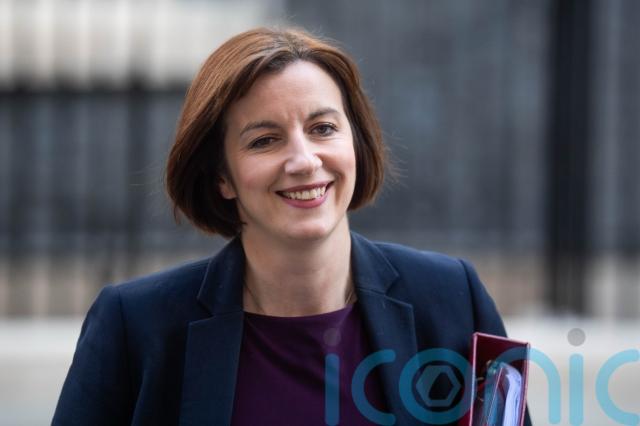
Education Secretary Bridget Phillipson defended the need to assess schoolchildren’s reading after a union backlash over the expected introduction of mandatory tests for 13-year-olds.
The Government is set to introduce compulsory reading tests at the end of Year 8 in England under plans in the forthcoming Schools White Paper.
Ms Phillipson stopped short of confirming the plans but defended the principle of testing children’s literacy.
She said too many people were leaving school without adequate levels of English and maths.
The expected introduction of the tests has been criticised by unions.
Sarah Hannafin, head of policy for school leaders’ union NAHT, said introducing a statutory reading test in Year 8 “would be unnecessary, distracting and not a good use of money when funding is tight for schools”.
National Education Union general secretary Daniel Kebede warned they could ultimately be used as another measure resulting in the “punitive labelling of schools, narrowing curriculum and increased stress and workload for staff and students”.
But at a Labour conference fringe event Ms Phillipson said: “We know we’ve got particular challenge around transitioning from primary into secondary, and we know that often between Year 7 and Year 9, we see a big challenge around drop off, in terms of children’s enjoyment at school, their ability to learn but also challenges around attendance.
“When it comes to reading it is self-evident that if you don’t have a good level of literacy, you are restricted in whether you can really benefit from the whole school curriculum.”

Responding to unions’ concerns, the Labour deputy leadership contender said: “I do believe it is important, particularly for working-class kids, we have a sense not just of where they are but where we need to step in and put more support in place if they’re not getting to where they need to be.
“And the reason I say that is that for many working-class kids, they get one chance at it and if we don’t get it right for them, they often never get a second chance to get to where they need to be.
“So of course, there are considerations around the mental health of our children, I want to make sure that they’ve got a strong sense of well being.
“Of course I want to make sure that our staff are well supported, but my number one priority is making sure that all children leave school well prepared for the world to come.
“And too many children at the moment are leaving school without the level of English and maths, and it holds them back for the rest of their lives.”
Subscribe or register today to discover more from DonegalLive.ie
Buy the e-paper of the Donegal Democrat, Donegal People's Press, Donegal Post and Inish Times here for instant access to Donegal's premier news titles.
Keep up with the latest news from Donegal with our daily newsletter featuring the most important stories of the day delivered to your inbox every evening at 5pm.